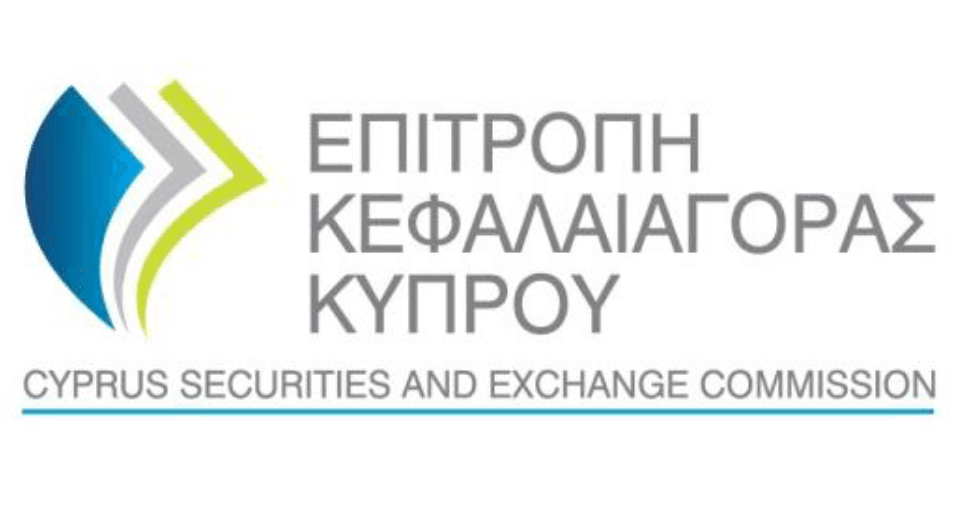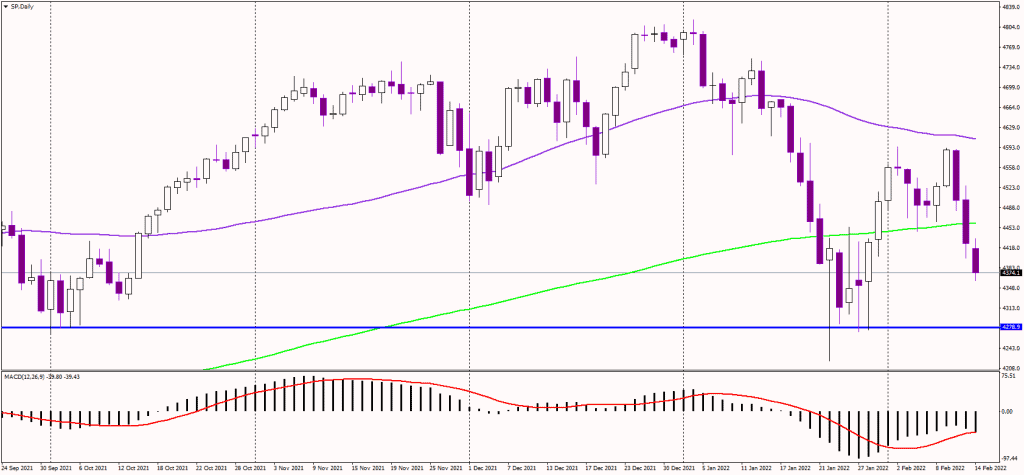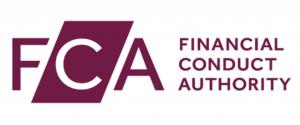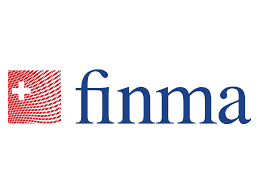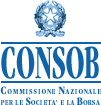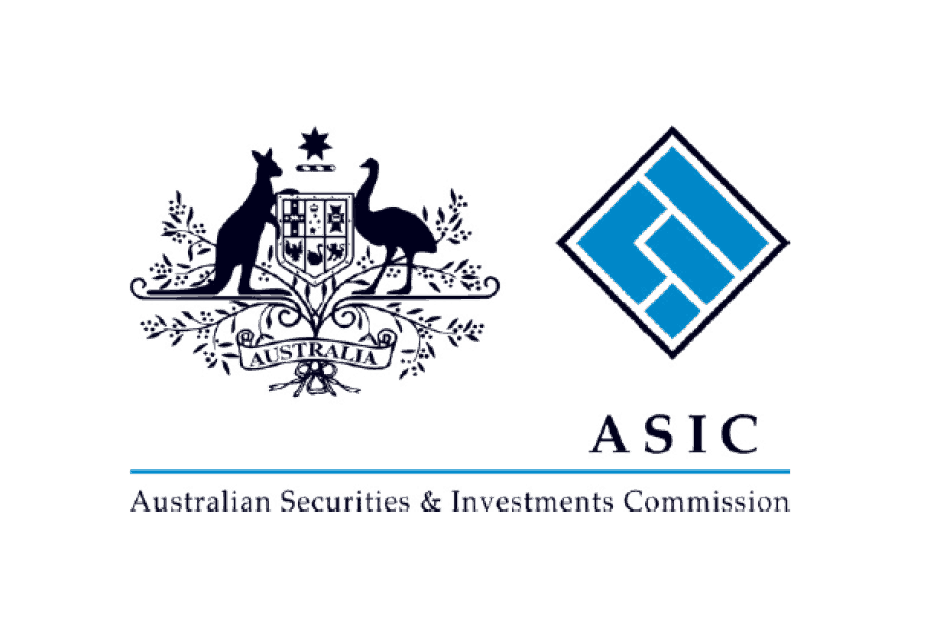Gold has been a store of value against currencies and a hedge against inflation for hundreds of years. Forget diamonds; gold is really forever.
This year, in particular, has been great for gold traders.
Gold prices hit an all-time high of $2,075 in August. Its price trajectory, however, has been dependent on the coronavirus situation. But can the past dictate the future?
With all the excitement around bitcoin and other cryptocurrencies, is gold losing its market charm?
Bitcoin rising
The digitization of markets ushered in the age of digital currency, opening the door to bitcoin cryptocurrencies like bitcoin.
Bitcoin’s official debut was in 2009. Twelve years later, there’s been no love lost, and traders are still looking to bitcoin. Investors, too, are investing in the hopes that the cryptocurrency could appreciate, assuming that inflation could grow.
But how high can bitcoin fly? That’s the question on the mind of most crypto traders. If this year’s anything to go by, the answer is ‘pretty high’. As of December 2020, bitcoin had risen to an all-time high, breaking through $20,000 per BTC to reach over $23,625 at one point.
Sure, it hasn’t always been a steady rise. On the contrary, it’s been outright bumpy at times, but cryptocurrencies like bitcoin have proven resilient in the longer run.
Fast new asset class
It’s not difficult to see what traders and investors love about bitcoin.
Built on blockchain technology, it’s a decentralized cryptocurrency created by combining the computational power of individuals, miners, and groups of people who operate outside of the financial system. They are the ones who validate transactions on the bitcoin network and are compensated with bitcoins in exchange for their time, computing power, and effort.
Bitcoin’s been dubbed ‘digital gold’ in some financial circles, for mainly two reasons:
- Scarcity - Bitcoin has a finite supply, much like gold. There's a finite supply of bitcoin that prevents it from being devalued, as we've seen with fiat currencies. There will only be 21 million bitcoins, and the last bitcoin will be mined in 2140.
- Technology - Bitcoin is a decentralized cryptocurrency, and like gold, it is not distributed by a central bank or federal government. It’s the trust and utility of the blockchain network that gives it its value.
Going for gold
For years, the yellow metal has had more power than virtually every other commodity on earth. We’ve made currency, jewelry, not to mention economies out of it. Yes, economies with the ‘gold standard’ that governments pledge for converting their currency into fixed amounts of gold.
Even though the United States, and in effect, the modern banking system removed the gold standard in 1970 by unlinking currency (or paper money) from the value of gold, many of the world’s global central banks still hold gold as a strategic reserve to this day.
Nothing compares to XAU
Gold is still a solid safe-haven asset for several reasons. It’s vast utility as a material for consumer products like jewelry and appliances. And its inherent scarcity. Gold supply remains disproportionately low despite demand. And demand is almost always high, especially as it’s risen to become the investment of choice for the cautious and risk-averse.
During market corrections, it is gold that generally performs well. Even when it does not actually grow, it stays stable.
An asset that stays stable when others fall is precious as a hedge. When consumers leave stocks in favor of gold, the price increases in lockstep, and investors benefit in the process.
Gold vs. bitcoin
Now that the vaccinations are being rolled out and lockdowns are being lifted, traders could begin favoring riskier assets - like cryptocurrencies - over gold. This would likely mean lower gold prices for the rest of the year. In this context, is gold losing a bit of its shine with traders? And if so, will bitcoin be able to replace gold for traders? Let’s compare how these two fair for traders:
Safe havens
Gold is considered to be less exposed to losses when the market downturns. Therefore, investors look at gold as a safe haven during political or economic turbulence.
By contrast, the volatility of bitcoin is a big problem for investors looking for a safe-haven currency. For evidence, one need only look at bitcoin's price trend over the last two years.
Security
The framework for trading, measuring, and monitoring gold is flawless. It's tough to sell, forfeit, or taint. Bitcoin’s decentralized framework and complex algorithms make it difficult to tamper with, but is it as secure as gold? This is still unknown.
Many would argue that the technology necessary to guarantee bitcoin’s security has yet to be developed. In other words, there are still no guarantees that another Mt. Gox debacle won’t happen again.
Stability
Bitcoin hit its all-time peak in early 2018, with a price of around $15,000 a coin. After a year, the price of a bitcoin was hovering near $5,000 per unit. It subsequently recouped some of those declines, but nowhere near as much to hit its all-time peak again.
Aside from general uncertainty, bitcoin has demonstrated itself to be sensitive to market whims and reports in the past. Gold doesn’t hold any of this uncertainty which makes it a potentially safer currency.
Scarcity value
Gold and bitcoin are both scarce commodities.
In bitcoin, the scarcity is artificially generated by ‘halving’, a process where the number of coins that miners receive for adding new transactions to the blockchain is cut in half. It’s been halved from 12.5 bitcoin to 6.25 lately and will halve again every 210,000 blocks until the last bitcoin is mined in 2140.
With gold, scarcity is natural. It’s a relatively hefty atom, consisting of 79 protons and 118 neutrons that make it hard to produce, even in the incredible heat and pressure of the 'chemical forges' of supernovae.
Although there will only ever be just 21 million bitcoins in existence, no one knows what the potential supply of gold is, and when the last of it will be extracted from the earth. There is also hope that gold may be collected from asteroids, and several firms are contemplating doing that in the future.
Utility
Gold’s utility has been leveraged for centuries. It has long been used in a variety of applications, some ornamental, like jewelry and design, to advanced implementations in technology.
Bitcoin's utility is in providing safe and secure transactions outside the traditional banking framework and to people who don't have access to conventional bank accounts.
The ushering-in of blockchain technologies can potentially hold a lot of practical promise for humanity. Billions of people around the world lack links to banking infrastructure and conventional financial instruments such as credit.
Bitcoin and blockchain technology promise to offer everyone in the world a way to make purchases and transfers securely at almost no cost.
Trading both
There’s been a split in the bitcoin community around the question of utility. Some see bitcoin as a quick medium of exchange, like cash. Others see it as more of a long-term store of value - like gold.
The challenge for bitcoin is that despite the extraordinary promise it holds, it has no inherent value. Its value is really in its technology, i.e. the trust and speed by which its blockchain network processes transactions.
Being solely dependent on currency demand leaves bitcoin in a bubble, and bubbles could burst.
Traders worried by the prospect could choose to invest in more secure safe-havens.
The conventional approach would be to use gold as a buffer against price and currency fluctuations, a strategy that reflects an inclination for traders to prefer gold as a hedge and safe haven.



